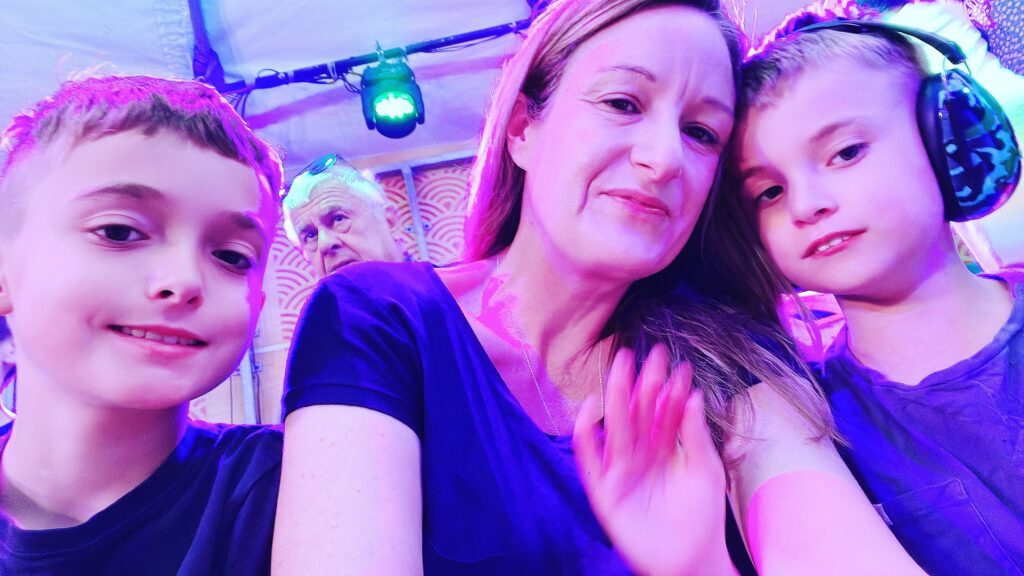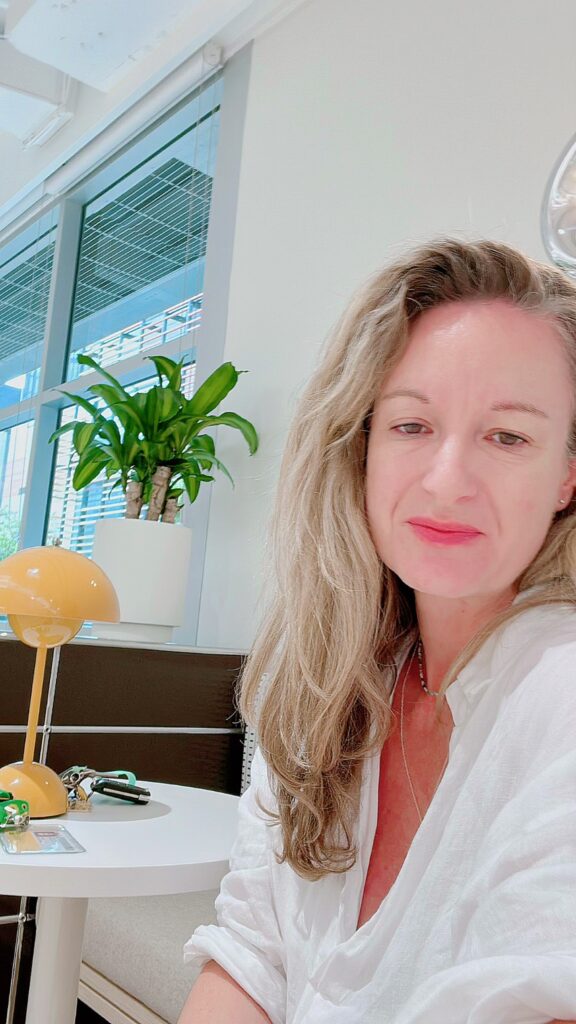Being neurodivergent in the workplace can have profound implications on people’s careers. And yet, many women are diagnosed with conditions such as autism or ADHD at a much later stage compared to men.
When women are late diagnosed, they’ve already formed habits and experienced negative feedback by the time they realise their brains simply work differently from a neurotypical mind, says Samantha Nuttall, founder of The Neurodivergent Coach.
Speaking with Women’s Agenda, Nuttall says that her own ADHD diagnosis allowed her to better navigate the workplace environment. Now she is dedicated to working with other neurodivergent professionals to help them build sustainable careers.
“For me, having a diagnosis meant that I was able to be clearer about what I am good at and not so good at in the workplace,” says Nuttall, adding that diagnosing women properly is important as once a diagnosis is given, it’s easier to ask for workplace adjustments.
That second part is what Nuttall works on with her clients as she says “having the knowledge that you’re neurodivergent is one thing, but being able to confidently explain to people, to ask for what you need, all of those things are really difficult because there’s so much systemic discrimination in the workplace”.

Identify your strengths
When women are first diagnosed as neurodivergent, they might not realise that the way their brains work can allow them to thrive in the workplace under the right conditions.
This is one of the most important things Nuttall works with her clients on – identifying their workplace strengths.
“Having a diagnosis is one thing, but it’s not like anybody sits you down and says ‘these are the things you’re really good at’ and ‘this is what you should say at work’. Nobody explains those things,” says Nuttall.
Once women are able to identify their strengths, Nuttall says the next step is understanding any workplace challenges that might be preventing these strengths from emerging. If the challenge is something they can change on their own, that’s great, but sometimes it comes down to asking employers for adjustments.
One example she gives is of a person with ADHD who might need to ask their manager for focussed time to get their work accomplished.
“They might need to say to a manager, ‘I’m not going to be able to get my best work done if I’m trying to work on this report whilst also answering the phone, whilst also answering my emails’,” she says, adding that they could request to have set times of the day where they can tap into their hyper-focus that many people with ADHD have.

Employer misconceptions
When it comes to neurodivergent employees asking for workplace adjustments, its important for employers to realise that this is actually beneficial for everyone.
“There’s this idea that typical brains are better, typical ways of doing things are better. And [yet], the thing is that the only way that new things happen and innovation happens and things change is by doing things differently,” says Nuttall.
“If you look at workplaces that do include neurodivergent thinkers, the statistics say that makes workplaces more innovative, more able to problem solve, more profitable, because people are able to spot things.”
Another misconception that employers should scrap is the idea that neurodivergent people can simply mask or change who they are.
“Nearly all of the mental health problems that we see in people who are neurodivergent, who are much more likely to have depression or anxiety, those things are caused by having to pretend to not be yourself all the time,” Nuttall says, noting that this is how burnout occurs.
Preventing burnout
When looking to prevent burnout in neurodivergent people, Nuttall recommends a strengths-based approach – using their strengths to solve their problems.
She also works with people to help regulate their nervous systems, such as “identifying whether [they’re] in fight, flight, freeze or fawn [mode]”.
“Everybody’s a bit different, but if we can work out how our nervous system is coping in the workplace or in life, and then try and regulate that, that really helps,” Nuttall says, adding that if people can recognise when they’re in a mode such as fight or flight, then they might know that it’s best to push back stressful meetings to a later time, for example.
The most important takeaway that Nuttall says she hopes all neurodivergent people recognise is that “you’re not broken, but actually your brain, the way that you think is necessary in the world”.



